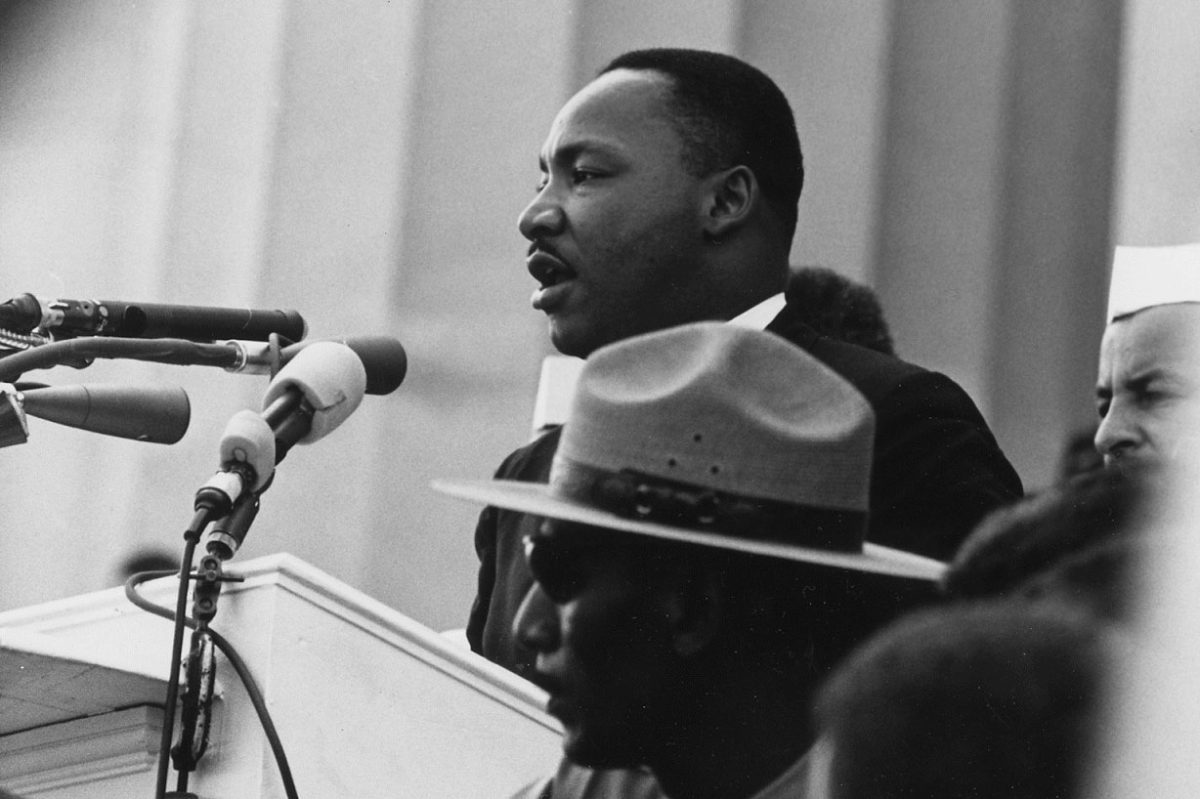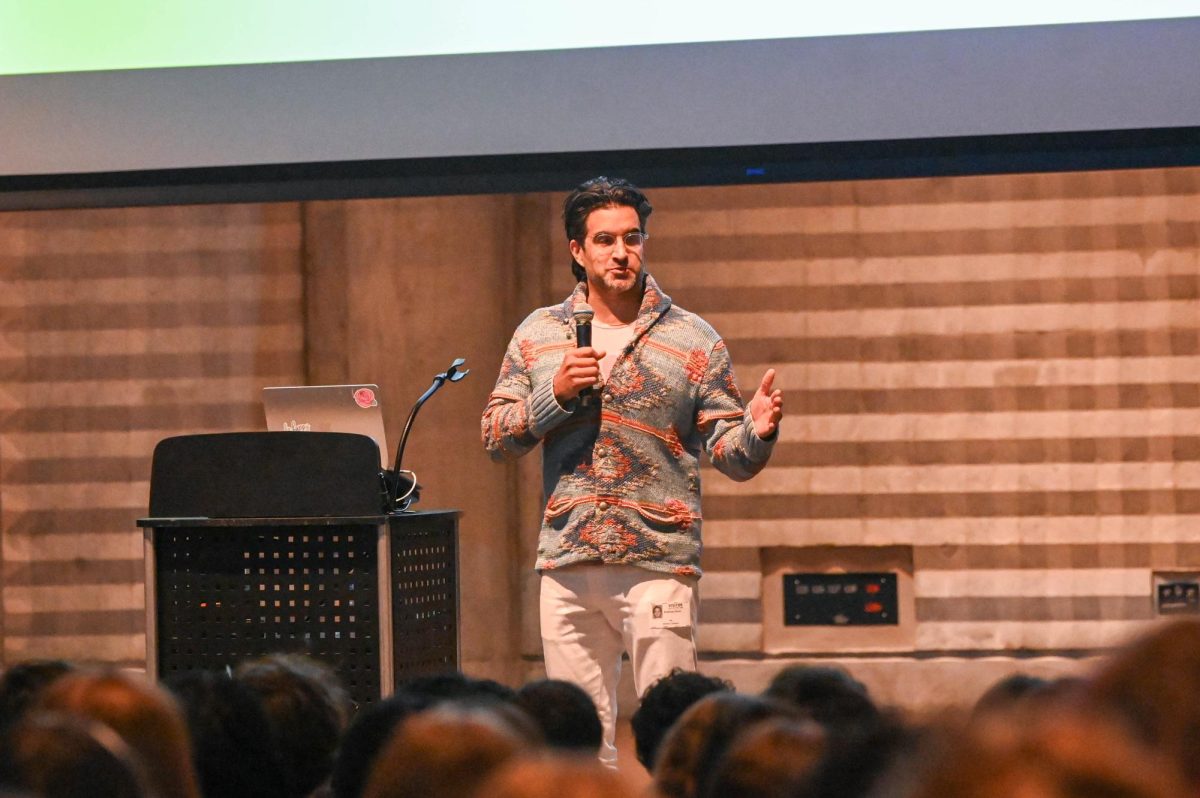Last January, Black Students’ Association leaders abruptly ended the annual Dr. Martin Luther King Jr. assembly by walking out of the auditorium, sending a message to the Lab community about discriminatory behavior at U-High.
One year later, there was no MLK assembly at all.
BSA leaders said the decision not to hold an assembly honoring Dr. King this year was carefully thought out and reflected their wish that the Lab community recognize the broader scope of students’ experiences. Rather than focusing on the MLK assembly, as the club had in the past, BSA has turned its attention to other ways to celebrate Blackness.
“The goal was we need you to really be able to see us and see what our experience is and stand with us,” said Heavenly Hicks, a BSA faculty adviser. “Not just for a one-day celebration, but be present with us each and every day that we’re in the building.”
Ms. Hicks emphasized that the decision to not hold the assembly this year was purposeful.
“This was very calculated,” Ms. Hicks said. “There was a lot of planning and discussion about ‘OK, if we want to indefinitely pause the MLK assembly, why are we doing this? What are we trying to communicate?’”
Members of the club, she said, felt that honoring the Black community at Lab had been reduced to one assembly.
“Our board really started to get to a point where they felt that the Black experience had been distilled into one day, and that much like the theme Black is not a monolith, that we were so much more than that. We were starting to — for lack of better words — lump everything Black into that one day,” Ms. Hicks said. “So instead, what are the other things within the Black community, and in particular the Black Lab community, that we really want to showcase, that we want to celebrate?”
This year, BSA is focusing on uplifting activities like a film series that discusses and celebrates Black characters and directors. Earlier in the school year, too, BSA was able to expand its Blacksgiving celebration. BSA President Myles Cobb said that the goal of this is to go beyond the narrative that is often told about the Black experience.
“We really wanted to kind of think of ‘What’s another way that we can celebrate Blackness,’ besides just having the assembly and focusing all of our energy in that,” Myles said. “Oftentimes, the Black story is the story of struggle and sacrifice. We understand that and we embrace that, but we also want to embrace our culture as well.”
The film series will include viewings during the lab periods on Wednesday, hosted by BSA, along with discussions on Thursdays during lunch. The series is open to everyone. Myles said he wishes that the event will generate a dialogue surrounding film relating to the Black community.
“I hope that kind of sparks conversation — it doesn’t necessarily need to be a bad conversation. The conversation could be as simple as, ‘Dude, I didn’t know “Get Out” was that good or that Miles Morales is a much deeper character than I thought,’” Myles said. “It could be as simple as that.”
BSA’s decision not to host an MLK assembly ought not suggest anything but admiration for Dr. King’s legacy, Ms. Hicks said.
“Just because there isn’t an assembly doesn’t mean that there’s an absence of ways for the Lab community to dial into the ethos of the Rev. Dr. Martin Luther King Jr.’s mission, which was a social justice mission, it was a socioeconomic-equity mission,” Ms. Hicks said. “You don’t need a one-off assembly to do that work.”





















































